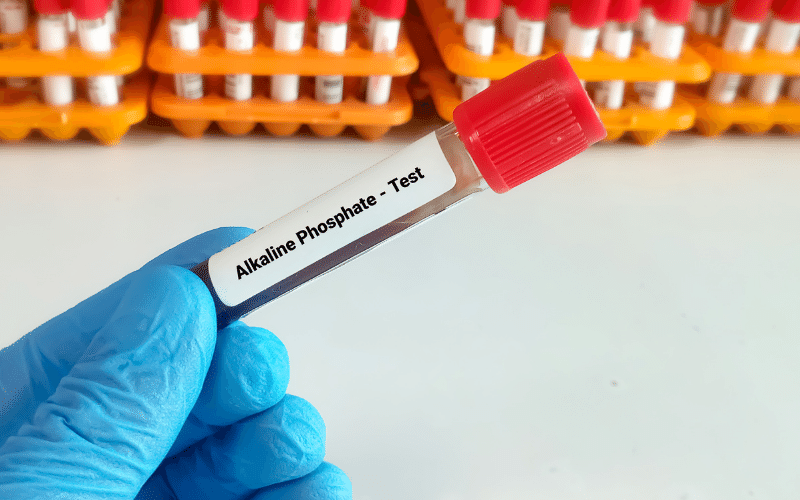Fact 2: The Role of Alkaline Phosphatase Levels

Alkaline Phosphatase (ALP) is more than just a component of a blood test. In the context of PBC, it acts as a crucial sentinel, providing insights into the disease’s activity and progression. Elevated ALP levels often point towards liver damage, making it a vital metric for doctors and patients alike.
But why is ALP so central to PBC monitoring? The liver produces ALP, and when there’s damage or inflammation, its levels surge. By keeping a regular tab on ALP levels, physicians can gauge the effectiveness of treatments and the severity of the disease. It’s a compass of sorts, guiding the treatment direction.
A steady or decreasing ALP level typically signifies that the treatment is working. On the other hand, a rising ALP level might necessitate a reevaluation of the current treatment strategy. Moreover, consistent monitoring can help predict potential flare-ups or exacerbations, ensuring that preemptive measures are taken.
Patients also benefit from understanding their ALP levels. It provides them with a tangible metric to track their disease, fostering a sense of control. They can correlate their lifestyle choices, medication adherence, and ALP levels to see the bigger picture. While ALP is just one of many parameters in the complex landscape of PBC, its significance is undeniable. It acts as a bridge between understanding the disease’s abstract nature and the tangible impact of treatments and choices. (2)